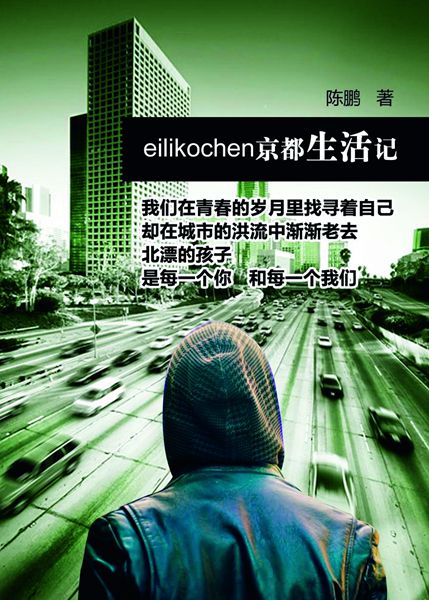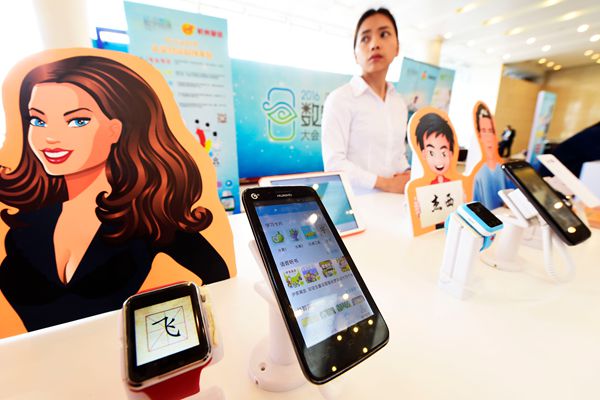Online literature spearheads China's cultural industry
- By staff reporter Verena Menzel
 0 Comment(s)
0 Comment(s) Print
Print E-mail China Today, December 14, 2016
E-mail China Today, December 14, 2016
Media, no matter print or broadcasting, television or the Internet, are more by far than just simple carriers of content, or transmitters of information. Each, through their medial preconditions, shapes during the creative process the content that they transmit.
 |
|
The first online microficiton blockbuster. |
This is especially true of the Internet – this dominant communications medium of the 21st century. China presents a compelling example of changes in classical content patterns that are attributable to the rise of the World Wide Web.
New Market Segment
The Internet has in recent years turned the classical literature industry as we know it in the West on its head. Since the turn of the millennium, a new form of literary writing has been hugely successful throughout China – that of online or web literature.
 |
|
The popularity of smart phones spurs online reading and interaction between writers and readers. |
The scope of web literature, however, is far broader than that created in the traditional manner and republished digitally on the net. Online literature also encompasses works composed specifically for this new medium. They are not only first published on the web, but also molded by the particular features of their target medium, for example, its immediacy and fast pace, low entrance threshold, detachment from the limitations of hard materials such as paper, and most especially its strong interactivity.
The result is an array of brand new concepts of literary writing, from digital poetry, literary weblogs and "micro fiction" to so-called collaborative writing. Most of these new genres are strongly influenced by the direct interaction between author and reader that the Internet provides – one utterly unforeseen in the realm of traditional books.
Results of a study by Chinese online portal sootoo.com in the first quarter of 2015 showed that around 350 million people in China regularly read online literature. Three years earlier, in 2012, the figure was around 233 million.
In the same study, 85 percent of respondents stated that they preferred and so generally read digital rather than printed publications. Furthermore, the average time spent on reading books or long articles on mobile devices by those citing reading as their favorite pastime amounted to 84.6 minutes a day. Reading, therefore, easily topped other mobile pastimes such as listening to music (an average 72.6 minutes per day), browsing social media (66.1 minutes), playing online games (54.6 minutes) or watching online videos (45.8 minutes).
Between 2012 and 2015, the market volume of the new web literature sector expanded from RMB 2.7 billion (€ 364 billion) to RMB 7 billion (€ 943 billion). Online literature has hence become a promising sector of China's cultural industry.
Against that backdrop, it is no surprise that Chinese Internet giants like Alibaba and Tencent have in recent years invested generously in this nascent but growing market segment. Such outlays include the contracting of web authors whose works are published on their reading web portals.
Tencent, for example, which amongst other things runs China's most successful messenger service QQ and the popular social media app WeChat, embarked in early 2015 on large-scale cooperation with Cloudary, the online publishing house belonging to the Chinese Shanda Group.
Since its establishment in 2008, Cloudary has established five hugely successful online literature websites that provide more than six million online publications, and signed contracts with more than 1.6 million authors. Within just a few years, Cloudary has become the country's biggest provider of web literature. Tencent's cooperation with the Shanda Group underlines the great importance that China's big IT companies place on the rising online literature industry.






Go to Forum >>0 Comment(s)